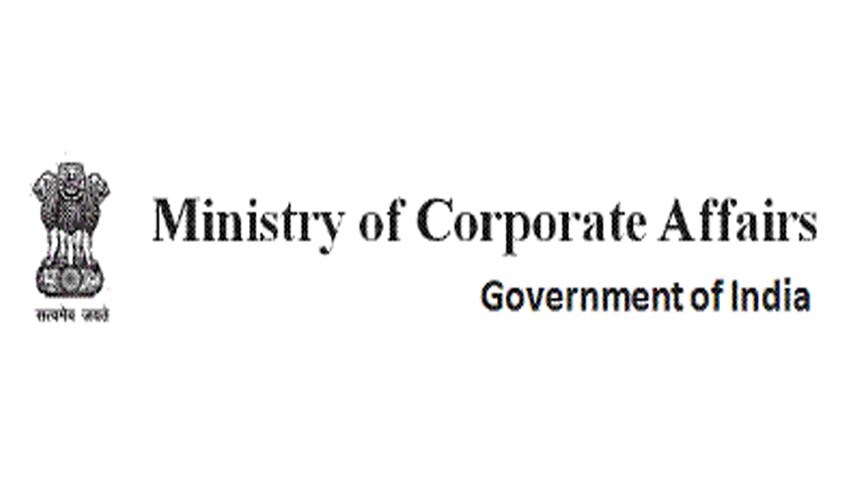- Home
- /
- News Updates
- /
- New Companies Act comes into force
New Companies Act comes into force
Ritu Dutta
2 April 2014 9:14 AM IST
The new Companies Act, 2013 that will come into force from today have many sections which are yet to be notified, which include setting up of a National Company Law Tribunal (NCLT), a National Financial Reporting Authority (NFRA), winding-up of sick companies and special courts. Some of the left out sections also related to the Investor and Education Protection Fund, compromise and...
Next Story



